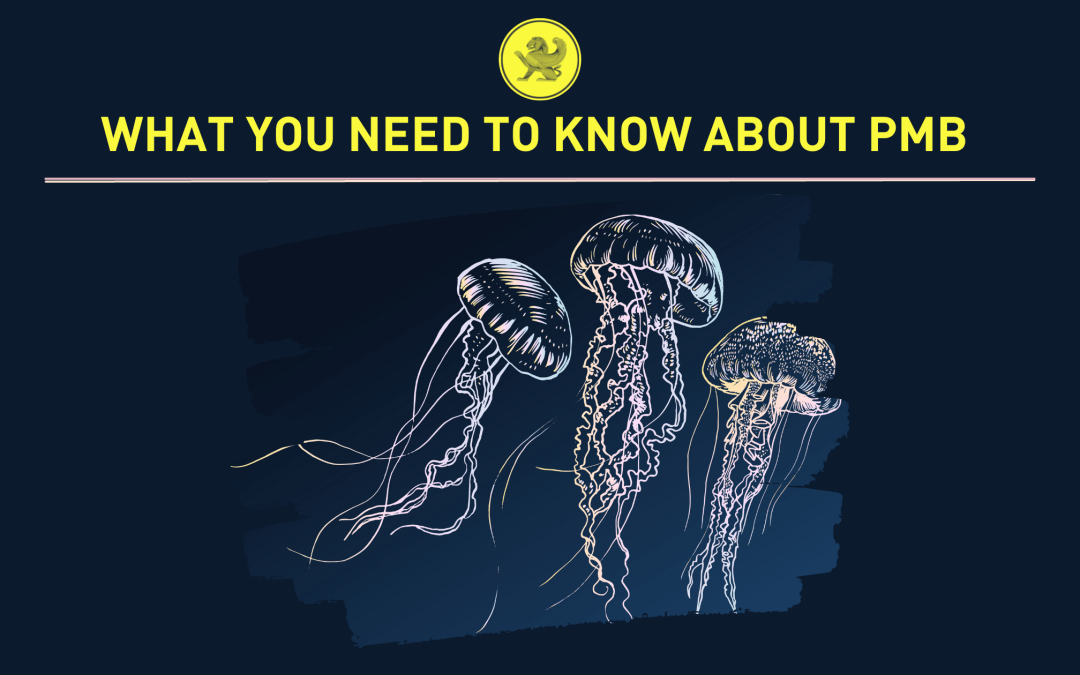CREDITS
By Dr Melane van Zyl
Please read this short article if you have a medical aid.
According to Law, all medical aids MUST pay for certain benefits for specific conditions. This applies to medical conditions as well as psychiatric conditions.
I have (almost) never seen a patient who is 100% educated about PMBs, and therefore patients often lose out on benefits to which they are entitled.
I recommend that you be well-informed about how your benefits work so that you can have a say in how your condition will be managed. Certain benefits are shared between psychiatrists and psychologists, and your treating psychiatrist and psychologist should communicate how they will share your benefits. You will have to bear the costs if your PMBs are depleted and you are not well yet. In- and outpatient treatment is also added to account for your total PMBs for the year.
These conditions are called Prescribed Minimum Benefits (PMB). Take note that PMBs and chronic medication benefits are not the same. You might have a condition that implies you can be admitted for three weeks, but the medical aid does not have to pay for the chronic medication that treats that condition.
Before you get ill, you need to know how to access those benefits. It is very difficult to worry about admin when you have a serious mental health problem.
Each medical aid has a process we should follow to get access to the PMB benefits, and unfortunately, your doctor might not always apply (or apply correctly). Bear in mind that your doctor cannot change your diagnosis code in order to get benefits.
The Council of Medical Schemes (CMS) regulates the behaviour of the medical schemes.
The CMS has an informative website on how PMBS and chronic medication work.
Also, note that you can complain to the CMS if your medical aid does not adhere to the Law.
I have attached a list of the psychiatric conditions that qualify for PMB. You must also familiarize yourself with your medical scheme’s rules and regulations.
At the very least, remember to ask your psychiatrist and psychologist about PMBs when you go for a follow-up visit.

